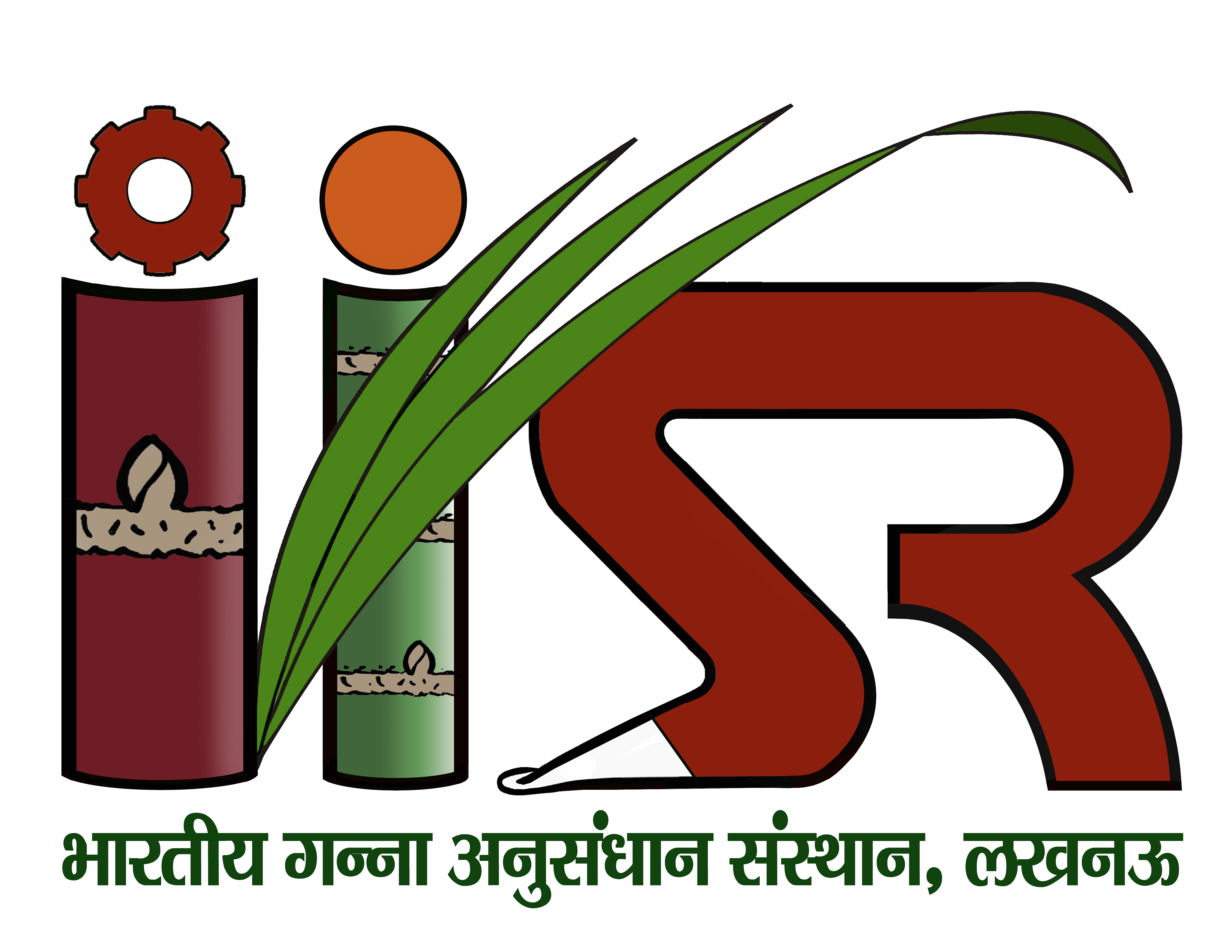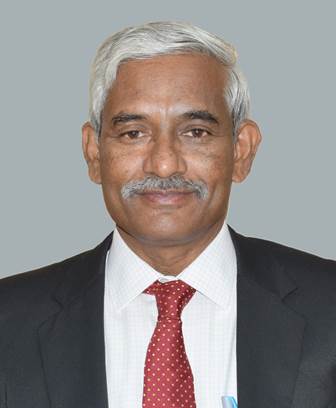Division of Crop Production
Division of Crop Production at the Indian Institute of Sugarcane Research is engaged in development of agro-techniques for profitable and sustainable sugarcane production in sub-tropical regions of the country. Encompassing agronomy, soil science, microbiology, agricultural extension, farm and training sections, the Division strives to address existing and emerging issues related to soil-plant-atmosphere continuum, keeping in mind the interests of sugarcane growers and sugarcane processing industry including gur and jaggery manufacturers. Having come into existence with the inception of the Institute in 1952, the Agronomy component of the Division sits on the laurels of developing a number of farmer friendly techniques like ring-pit method of sugarcane planting, skip-furrow method of irrigation, nutrient, water and weed management package in sugarcane production system including its diversification. A section called Soil Science and Agricultural chemistry came into being during 1956 with a mandate to work on soil fertility assessment and management of nutrients for the crop. Extension & Training section was initiated in 1969 for effective dissemination of developed techniques among end users and also to impart training to a wide array of clientele made of farmers, sugar factory cane development workers and the staff of state sugarcane department. It was christened as the ‘Division of Crop Production’ in June 2001 by broadening the scope of existing Division of Agronomy and merging the above mentioned sections into it. Presently the Division represents the disciplines of Agronomy, Soil Science & Agricultural Chemistry, Agricultural Microbiology and Extension & Training. Besides, the Farm Section continues to function under the administrative control of the Division right from very beginning.
Agrometeorology section came into existence in 1992 at this Institute within the Division of Soil Science and Agricultural Chemistry. In 1994, it was declared an independent section with Officer In charge within the overall administrative control of the Director. The met yard of the Institute was transferred to Agrometeorology within one technical staff (met observer), one field technical staff and one supporting staff. The section was shifted to a new building in 1994 and since then it is housed in the same building. Presently Agrometeorology unit is merged with division of ‘Crop Production’.
Vision
- ‘To become globally known for sugarcane production research, extension and training centre’
Mission
- Improving sugarcane productivity, optimizing resource use and sustaining soil health.
Thrust Areas
Multi-ratooning in sugarcane with emphasis
- Integrated nutrient management through bio-manures and cash the trash concept
- Counterpart nutrient balance
- Deep K fertilizer placement
- Application of nanotechnology to improve nutrient use efficiency
- Effective control of perennial weeds
New crop geometry with accent
- Optimizing plant population and tillering dynamics
- Paradigm shift for suiting to mechanization requirements (paradigm shift from conventional farming to modern mechanized agro techniques)
- Realizing higher NMC and cane yield from sugarcane production system
Organics based sugarcane production utilizing
- Crop residues
- Industrial wastes
- Bio-manures
- Microbial and fungal synergies
Soil microbial environment
- Soil micro-biota profiling in long term experiments
- Commercial exploitation of Gluconacetobacter diazotrophicus
- Microbial inoculants capable of degrading stubble at low thermal regime
- Efficient water, nutrients and weed management strategies.
- Direct sugarcane planting after wheat harvest with zero tillage
- Soil Carbon sequestration in sugarcane-ratoon-wheat system
- Diversification options for sugarcane involving high value crops
- Micro irrigation in sugarcane for economizing irrigation water use and nutrients
- Target yield based nutrient application for plant and ratoon crops through optimizing NPK doses.
New emerging crop diversification options to
- Enhance land productivity
- Increase input use efficiency
- Capitalize allelopathic effects
- Sustain soil health
Knowledge rich TOT programme
- Assessment and refinement
- Application of Technology with ITK
- Development of training modules
Contact Person |
| Dr
V P Singh, Principal Scientist & Head
(Officiating) E-mail: ved.singh2@icar.gov.in, Mob: 9415195535 |







